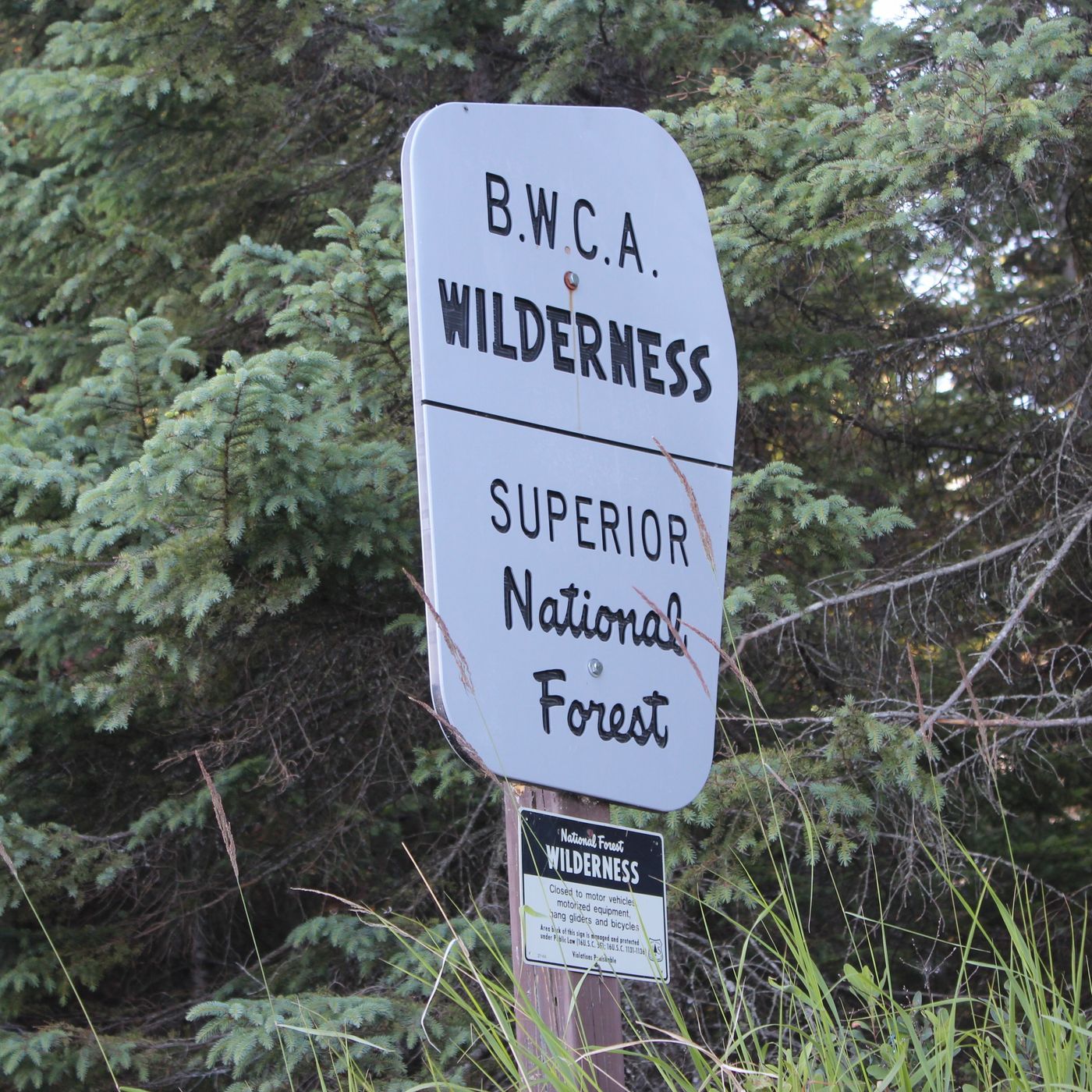- travel
- SEE MORE
- classical
- general
- talk
- News
- Family
- Bürgerfunk
- pop
- Islam
- soul
- jazz
- Comedy
- humor
- wissenschaft
- opera
- baroque
- gesellschaft
- theater
- Local
- alternative
- electro
- rock
- rap
- lifestyle
- Music
- como
- RNE
- ballads
- greek
- Buddhism
- deportes
- christian
- Technology
- piano
- djs
- Dance
- dutch
- flamenco
- social
- hope
- christian rock
- academia
- afrique
- Business
- musique
- ελληνική-μουσική
- religion
- World radio
- Zarzuela
- World
- NFL
- media
- Art
- public
- Sports
- Gospel
- st.
- baptist
- Leisure
- Kids & Family
- musical
- club
- Culture
- Health & Fitness
- True Crime
- Fiction
- children
- Society & Culture
- TV & Film
- gold
- kunst
- música
- gay
- Natural
- a
- francais
- bach
- economics
- kultur
- evangelical
- tech
- Opinion
- Government
- gaming
- College
- technik
- History
- Jesus
- Health
- movies
- radio
- services
- Church
- podcast
- Education
- international
- Transportation
- Other
- kids
- podcasts
- philadelphia
- Noticias
- love
- sport
- Salud
- film
- and
- 4chan
- Disco
- Stories
- fashion
- Arts
- interviews
- hardstyle
- entertainment
- humour
- medieval
- literature
- alma
- Cultura
- video
- TV
- Science
- en
BWCA Quota Numbers Reduction Forest Service

b'The number of people legally allowed to enter the Boundary Waters Canoe Area Wilderness (BWCA) for overnight camping trips from May through September will be reduced for the next paddling season. With permits in high demand during recent paddling seasons \\u2013 particularly during the past two seasons amid the ongoing COVID-19 pandemic \\u2013 some canoeists struggled to find available campsites, particularly near popular lakes such as Sawbill, Brule, Duncan and Seagull on the east side of the BWCA. Anecdotally speaking, weary paddlers are quick to complain about racing other groups for campsites, being forced to camp illegally in the brush or making camp in the middle of a pleasant travel day just to ensure they have a site for the night. Each year from May 1 to Sept. 30, visitors taking an overnight paddle or hiking trip, or a motorized day trip into the BWCA are required to obtain a quota permit. The Forest Service designed a quota system following the designation of the Boundary Waters as a wilderness to reduce crowding and visitor impacts on sensitive resources. Forest Service officials said many BWCA entry points and associated routes are regularly experiencing social resource concerns such as crowding, disruptive and oversized groups, lack of campsite availability or unsettling competition for campsites. Illegal camping is also becoming more of a problem in the BWCA. Ten out of the 36 entry points on the Gunflint and six of the 13 entry points on the Tofte districts will see a reduction in permit quota numbers in 2022. The Forest Service declined to say the specific entry points the quota reduction will impact. All districts across the BWCA will see a quota reduction next year other than the Kawishiwi Ranger District.'